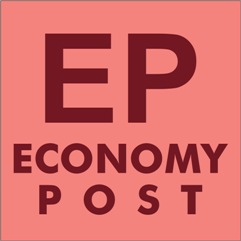It is no brainer that AI is being deployed in almost every domain, from education to business, manufacturing to surveillance, trade to space et al.
Sooner than later, AI will be integrated and imbedded so deeply into our daily and professional lives that we do not refer to it in distinct terms.
Now, AI technology is being employed in agriculture in varying degrees across the world.
AI in agriculture refers to using the cutting edge technology for weather forecasting, soil data analysis, developing climate and disease resistant crops etc.
AI algorithms can analyse the chemical composition of soil samples to know which nutrients could be lacking. AI can also identify or predict diseases.
AI in irrigation is useful for ascertaining climate patterns and nutrient application cycle, while predicting the optimal mix of agronomic products.
Given the uncertain times that we live in, food and energy security are among the top agendas of the different countries.
In such a scenario, AI has the potential of hedging some of these risks, which include wars, geopolitical tensions, pandemics etc.
AI technology helps to detect disease in plants and poor nutrition of farms. AI sensors can detect and target weeds and then decide which herbicide to apply within the region.
However, experts and technology figureheads forewarn that AI portents an existential danger to human race.
While AI is hitting the job market, the naysayers have warned that the increasing use of Artificial Intelligence will negatively impact the cognitive or the brain abilities.
Last year, Tesla founder and the world’s richest man Elon Musk and other AI experts called for a six month halt in developing systems more powerful than OpenAI’s GPT-4.
GPT stands for Generative Pre-trained Transformer. It is an intelligent programme to engage in human like conversation and performing tasks like composing songs, answering queries and even logical reasoning.
Now, the proposition of an AI taking over tasks which are generically performed by humans does not seem remote.
In this context, AI solutions should be firmly leashed and not developed to function in an organic manner like humans to preempt potential harm.

